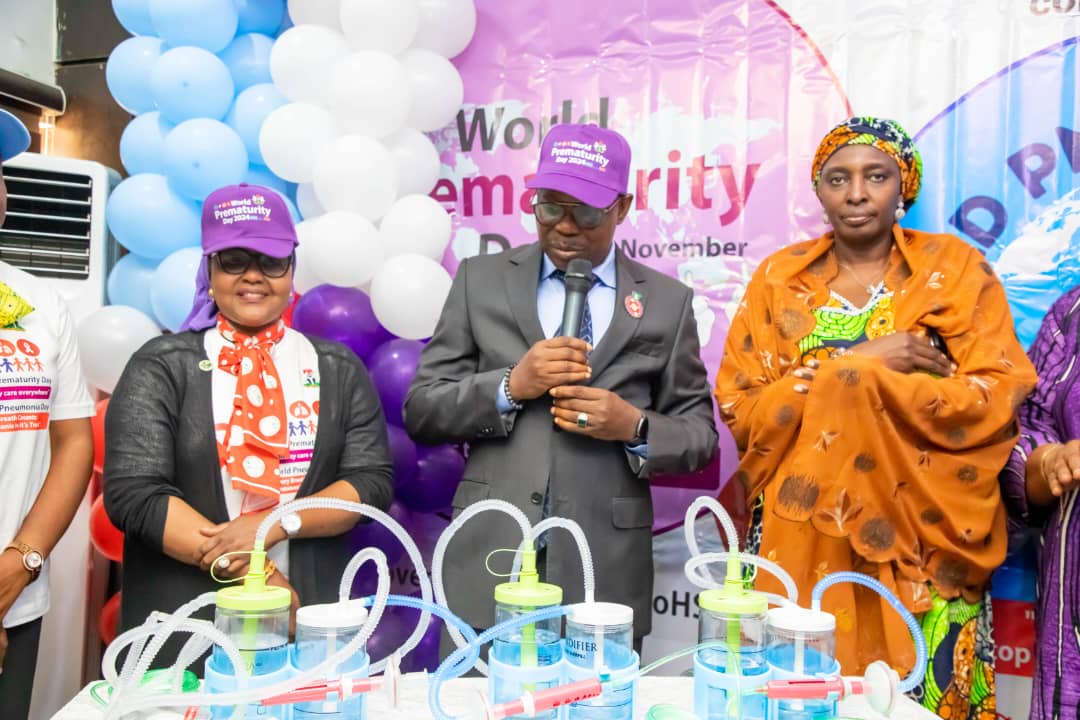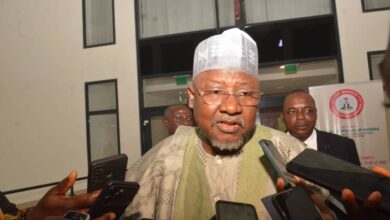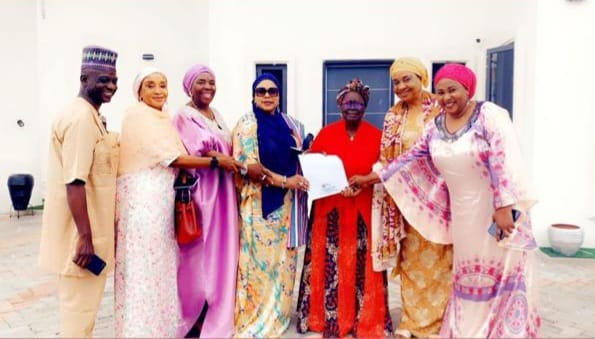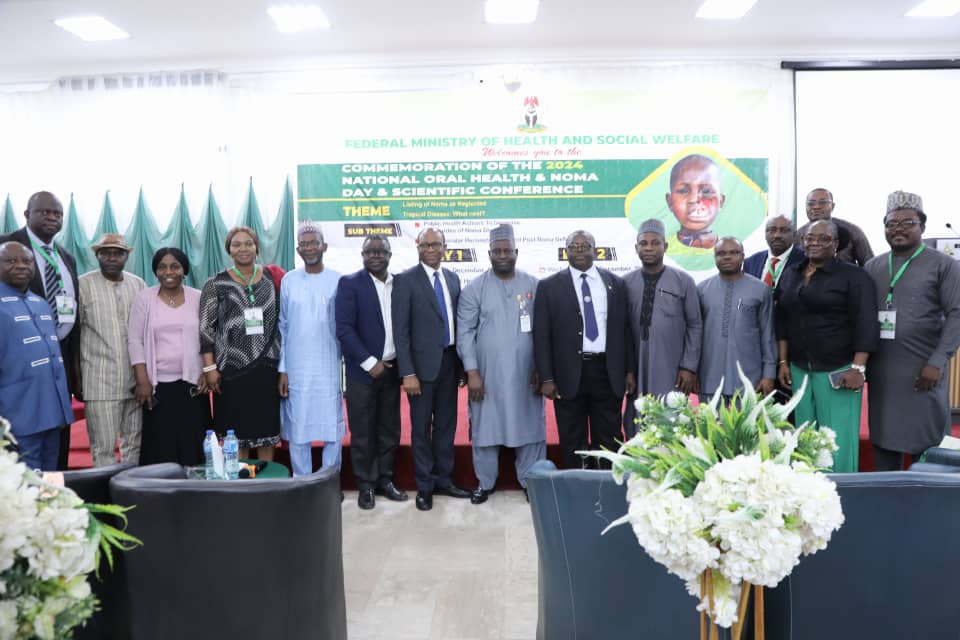
By Fatima Saka
In its drive to tackle NOMA, a neglected tropical disease with devastating consequences, particularly for children, the Federal Government of Nigeria has made significant steps in combating the illness.
Recognized for causing severe facial disfigurement, NOMA however has been prioritized in Nigeria’s health policy framework.
At the 2024 National Oral Health Week, NOMA Day, and Scientific Conference on Tuesday in Abuja, themed “Listing of NOMA as a Neglected Tropical Disease: What Next?”, Dr. Iziaq Adekunle Salako, Minister of State for Health and Social Welfare, announced the government’s commitment to combating the disease.
The Minister of State for Health and Social Welfare who was represented by Dr. Jimoh O. Salaudeen, Director of Hospital Services, highlighted the revision of the National Oral Health Policy and the launch of the NOMA Policy and Strategic Plan in July 2024.
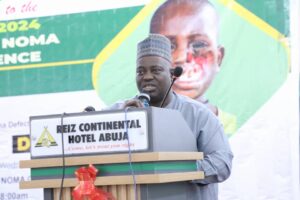
Dr. Salako added that the policy aims to strengthen the country’s capacity for preventing and managing oral diseases, including NOMA.
Multidisciplinary Collaboration
A Technical Working Group (TWG) comprising academia, NGOs, and other stakeholders has been mobilized to lead innovative approaches to combat NOMA. The government is integrating NOMA prevention and treatment into existing Neglected Tropical Diseases (NTD) programs, emphasizing active case research, psychosocial support, peer group initiatives, livelihood programs, and awareness campaigns.
Capacity Building at the Grassroots
Dr. Salako noted efforts to train healthcare workers, traditional healers, and community officers for early detection and management of oral diseases. To address workforce shortages in rural areas, measures include task-sharing and upskilling at primary healthcare centers.
“We must prioritize oral health in Nigeria,” he said, urging participants to contribute to efforts aimed at eradicating NOMA and other oral health issues.
Call to Action
Dr. Salako called on Nigerians to support government efforts by adopting basic oral health practices like regular tooth brushing, dental visits, healthy eating, and avoiding harmful habits like smoking.
He also emphasized President Bola Tinubu’s administration’s commitment to achieving universal health coverage.
Collaborative Efforts
In her welcome remarks, Daju Kachollom Shangti, Permanent Secretary of the Federal Ministry of Health and Social Welfare, represented by Dr. Azeez Aderemi, Director Speciality Hospital stressed the importance of shared knowledge and best practices to eradicate NOMA.
READ ALSO:
Lassa Fever: NCDC Highlights Key Informations
She acknowledged Nigeria’s leadership in advocating for the global recognition of NOMA as a neglected tropical disease by the World Health Organization (WHO).
“This recognition has brought renewed focus and resources to tackle NOMA,” she said, highlighting Nigeria’s progress in prevention, early detection, and treatment initiatives. Collaborations with organizations such as Médecins Sans Frontières and NOMA Health Nigeria Initiative are helping provide free treatment and rehabilitation for patients.
Community Engagement and Infrastructure Development
The Permanent Secretary highlighted the efforts to combat NOMA include community education campaigns to reduce stigma and encourage early treatment. Infrastructure is being strengthened to ensure access to essential services, especially in underserved areas. “The government is also addressing malnutrition, a key risk factor for NOMA, through its Nutritional Programme and Food Security Initiative.”
Research and Surveillance
Dr. Shangti emphasized the Ministry’s investment in research to understand NOMA’s epidemiology better. These efforts aim to develop robust surveillance systems to control the disease effectively.
Also, in their goodwill messages, WHO Country Representative commended Nigeria’s progress, emphasizing that listing NOMA as a neglected tropical disease is a major milestone.
“The measure of a society is how it treats its most vulnerable. Let us reaffirm our commitment to eradicating NOMA and ensuring no child or community is left behind,” WHO remarked.
Distinct News report that this year’s event not only celebrates progress but also inspires continued efforts to transform NOMA’s narrative from despair to hope and resilience.

